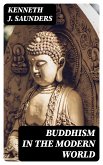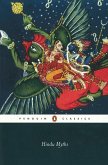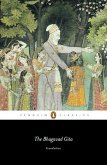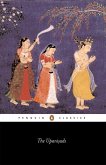Edward Sellon's "Ophiolatreia" presents a provocative exploration of the intersection between spirituality and snake worship in the context of ancient cultures. Through a blend of meticulous historical research and vivid prose, Sellon delves into the significance of serpents in various mythologies, examining their roles as symbols of wisdom, healing, and transformation. The work is characterized by its analytical literary style, weaving together interdisciplinary perspectives from theology, anthropology, and history, thereby situating snake veneration within the broader discourse of human belief systems. Edward Sellon, an influential 19th-century writer and scholar in the fields of theology and comparative religion, draws upon his background to craft this ambitious text. His exposure to diverse cultural practices and esoteric traditions informed his understanding of the profound influence that serpent symbolism wields across different civilizations. Sellon's scholarly pursuits reflect a deep curiosity about the primal instincts that shape human spirituality, making "Ophiolatreia" not just a book about snakes, but an inquiry into the very essence of religious expression. This scholarly treatise is recommended for anyone interested in the intricate tapestry of mythology and religion, particularly those who wish to understand how ancient beliefs persist and evolve in contemporary contexts. "Ophiolatreia" serves as an invaluable addition to the libraries of students, historians, and those fascinated by the complex interplay of nature and spirituality.
Dieser Download kann aus rechtlichen Gründen nur mit Rechnungsadresse in A, B, BG, CY, CZ, D, DK, EW, E, FIN, F, GR, H, IRL, I, LT, L, LR, M, NL, PL, P, R, S, SLO, SK ausgeliefert werden.









